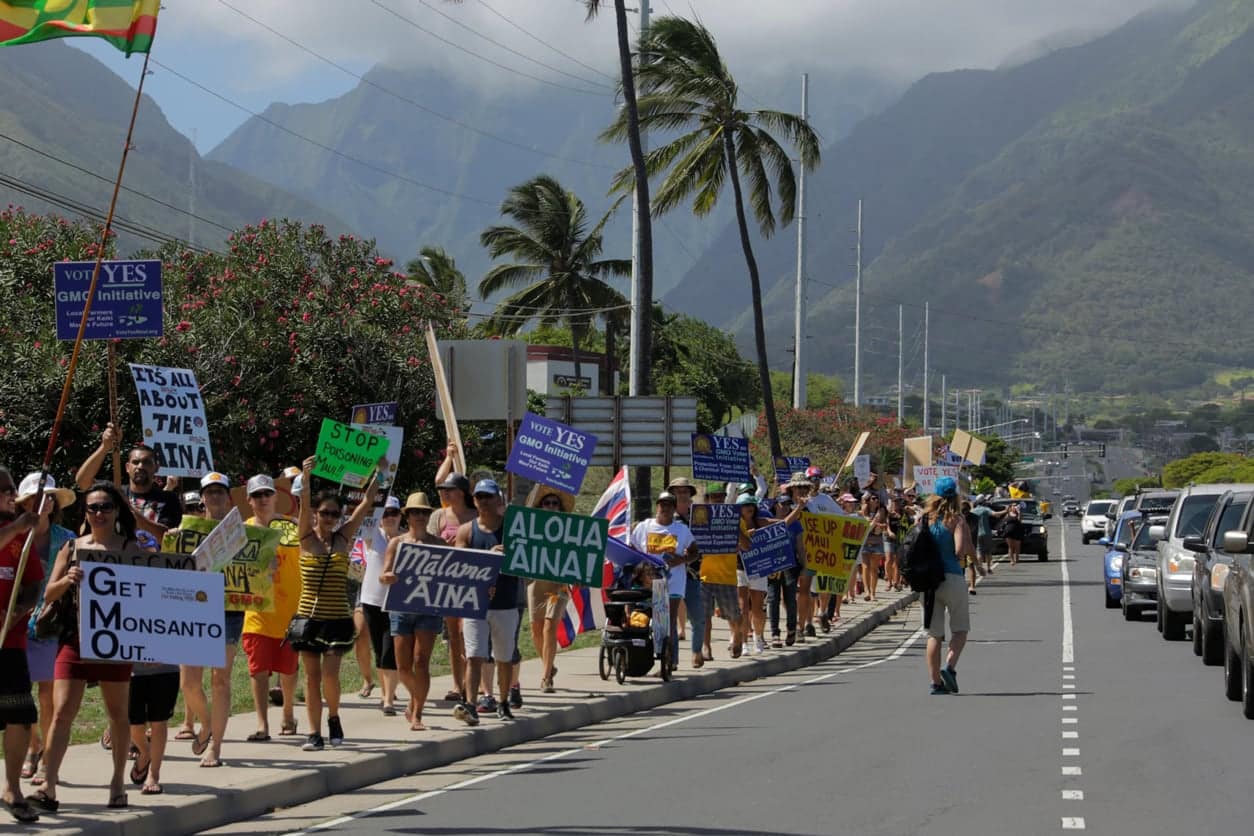Cinema Politica On Demand Releases Titles Celebrating Earth Day
As Earth Day arrives, we’ve curated a pertinent eco-trio of two new acquisitions (Tamo Campos’ THE KLABONA KEEPERS and Cyrus Sutton’s ISLAND EARTH) and one featured classic (Keri Pickett’s FIRST DAUGHTER AND THE BLACK SNAKE). Each of these titles situates environmental politics in a framework connected to settler-colonial histories. In these films, the genocide of Indigenous populations goes hand-in-hand with the destruction of natural ecosystems, critiquing how corporate agriculture pollutes or bulldozes everything in its wake.
THE KLABONA KEEPERS
The Klabona Keepers is an intimate portrait of the dynamic Indigenous community that succeeded in protecting the remote Sacred Headwaters, known as the Klabona, in northwest British Columbia from industrial activities. Spanning 15 years of matriarch-led resistance, the film follows a small group of determined elders in the village of Iskut as they heal from the wounds of colonization to push back against law enforcement, the government, and some of the world’s largest multinational companies. Nestled between scenes of stand-offs and blockades, land defenders reflect on how their history of forced displacement, residential schools, and trauma strengthened their resolve to protect the very land that was so essential to their healing journey.
ISLAND EARTH
A rich and complex tale of a young indigenous scientist’s journey through the corn fields of GMO companies and loi patches of traditional Hawaiian elders reveals modern truths and ancient values that can save our food future.To feed all the humans on the planet, we are going to have to grow as much food in the next 35 years as we have grown since the beginning of civilization. But our conventional agricultural practices are depleting the earth’s natural resources faster than we are replenishing them. How are we going to feed the world without destroying the planet we live on? Island Earth brings this question to life by taking us on the ground to Hawaii, the “ground zero” where all of these issues collide in sharp relief. Less than two centuries ago, native Hawaiians fed their large population through some of the most historically sustainable agricultural practices ever documented. Yet modern-day Hawaii now imports 80-90% of their food supply from elsewhere in the world, due to a complex web of public policy and private interests. Within two generations, the Hawaiians have become canaries in the coal mine for food issues that are affecting the entire planet. This film captures our moment in time, where two separate paths are being forged at once: one that builds upon the past in the name of progress, and the other that rejects the past in the name of progress. It bears witness to the choices that we are making today that will affect our future no matter what.
FIRST DAUGHTER AND THE BLACK SNAKE
The Prophecy of the 7th Fire says a black snake will bring destruction to the earth. We will have a choice of two paths. One is scorched, and one is green. For Winona (Ojibwe for “first daughter”) LaDuke—a formidable economist, writer, agriculturalist, and fierce Indigenous politico—that black snake takes the form of oil trains and pipelines.
When Winona learns that Canadian-owned Enbridge plans to route a new pipeline through White Earth Nation’s 1855 Treaty land in Minnesota, she springs into action with her community to save the sacred wild rice lakes and sustainable sources of food, and preserve traditional ways of life.
Following her decision to fight Enbridge, Winona dreams that she is riding her horse against the current of the oil. Launching an annual spiritual horse ride along the proposed pipeline route, speaking at community meetings and regulatory hearings, Winona testifies that the pipeline route follows the course of historical and contemporary trauma. The White Earth Nation demands to participate in the pipeline permitting process, asserting their treaty rights to protect their natural resources.
Winona’s journey takes her and her son to Michigan, “downwind” of Marathon Petroleum’s tar sands oil refinery, where activists reveal the health impacts of living next to an area known as the “Sacrifice Zone.” As Enbridge announces the cancellation of the Sandpiper pipeline, turning its investments toward the Dakota Access pipeline, Winona’s activism continues as Line 3 threatens to cross the same Treaty lands.




